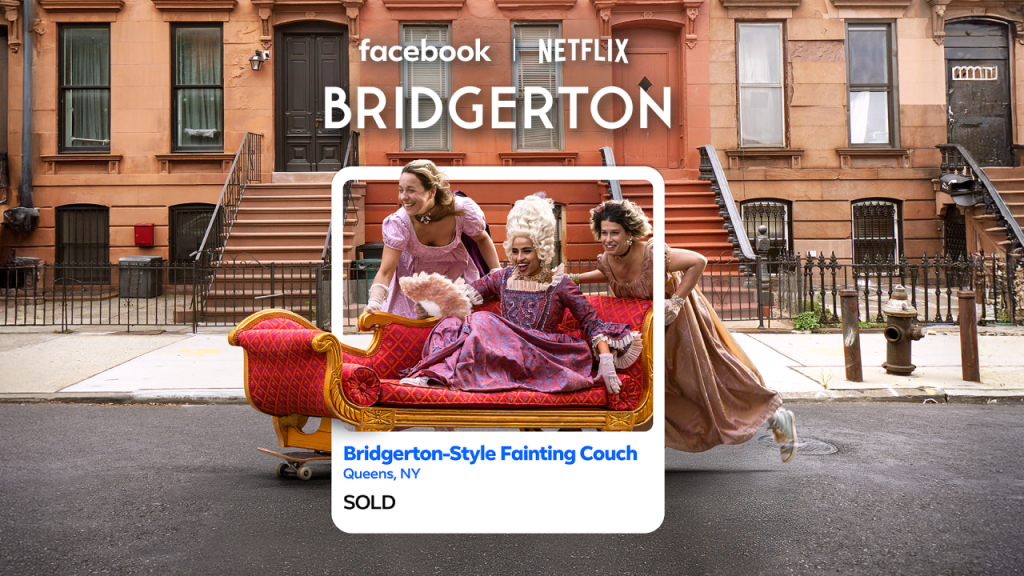Discover the transformative power of social media in today’s marketing landscape through insights from industry leaders. This article delves into cutting-edge strategies that have redefined brand engagement and consumer interaction. Experts leverage current trends to market products effectively in a digital-first world.
- Leverage Short-Form Video Content
- Make Marketing More Personal
- Use Influencer Marketing
- Harness User-Generated Content
- Engage in Two-Way Conversations
- Grow Organically with Social Media
- Crowdsource Ideas from Your Audience
- Engage Directly with Customers
- Understand Audience Psychology
- Utilize Micro-Influencers for Authentic Marketing
Leverage Short-Form Video Content
Chief Marketing Officer Mike Zima mentioned that short-form video content, like reels, has transformed how companies market their products. Platforms like Instagram, TikTok, and YouTube Shorts have made 15-second to 3-minute videos essential for engaging with audiences. These videos allow brands to showcase their personality, tell a story, and build connections in an authentic and easily digestible format. For example, a 30-second behind-the-scenes reel of a product launch generated significantly more engagement than traditional image posts. The key is leveraging video to resonate emotionally while keeping it concise and visually captivating.
Make Marketing More Personal
Digital Marketing Manager Umair Hussain highlighted how social media has made marketing more personal. Instead of just running ads on TV or billboards, companies now interact directly with their audience. For example, a small bakery can post behind-the-scenes videos of how their cakes are made or reply to customer comments on Instagram. This builds a connection and makes people feel they support a friend, not just a business.
Use Influencer Marketing
Digital Marketing Executive Annie Everill mentioned that one specific way social media has transformed how companies market their products is through influencer marketing. Brands now partner with social media influencers, especially individuals with large followings on platforms such as Instagram, YouTube, or TikTok, to promote their products more authentically and relatable. Rather than relying solely on traditional advertising, businesses harness influencers’ brands and direct connections to their audiences to create organic, trust-driven campaigns, typically through UGC content.
This strategy often results in higher engagement and credibility that traditional ads typically struggle to achieve, especially as customers now face so much competition and online material. A more personal and trustworthy approach is key to building online and offline relationships.
Harness User-Generated Content
Growth Marketer Windy Pierre stated that one specific way social media has reshaped product marketing is through user-generated content (UGC). By inviting real customers to share photos, videos, or reviews of their experiences, brands can leverage authentic stories to reach new audiences and build trust. “When I rolled out a UGC campaign for a wellness brand, we encouraged buyers to post images of their daily routines. Over six weeks:
- Brand Mentions increased by 15-20% as users naturally tagged the brand in their posts.
- Engagement Rates on social channels rose by 8-10%, reflecting heightened interest in “real-life” product use cases.
- Conversion Rate from social referrals improved by 5% as prospective customers saw genuine peer endorsements instead of purely polished ads.
This approach works because it transforms customers into advocates, supplying social proof that standard campaigns can’t replicate. By embedding UGC in product pages, email marketing, and even paid ads, we reinforced the idea that our products fit seamlessly into customers’ everyday lives, ultimately leading to stronger substantial credibility and increased sales.”
Engage in Two-Way Conversations
Head of Marketing Marta Garcia mentioned that social media has revolutionized marketing into a two-way conversation between brands and their audiences. Instead of relying solely on traditional advertising, companies can engage directly with customers through comments, messages, and interactive content. Platforms like Instagram, TikTok, and X enable brands to showcase their personality and connect more humanly.
Additionally, user-generated content and influencer partnerships have become powerful tools for building trust and authenticity. Social media also provides advanced targeting and analytics, helping brands tailor their campaigns to specific audiences and measure their success in real-time. This shift has made marketing more dynamic, personal, and results driven.
Grow Organically with Social Media
Marketing Consultant Giselle Aguiar found that social media can help small business owners reach many potential customers, gain exposure, improve search engine optimization, and drive website traffic without spending much money. Using social media to grow a following organically without paid advertising cuts marketing expenses tremendously.
However, you still need to set goals, create a strategic marketing plan, and then a tactical plan—a to-do list—to implement the strategy. Randomly posting without a plan is a futile effort.
Crowdsource Ideas from Your Audience
SEO Associate Ashley Romer found that social media has encouraged companies to get new ideas from their audience to better their product or services. They can ask questions on their social media platform and then turn those answers into profit. For example, a soda company might ask its audience to develop new flavor ideas. They can then see which flavors had the most engagement or comments, take this idea, and manufacture it. Companies can save and make more money simultaneously when the audience freely feeds you this feedback.
Engage Directly with Customers
CEO Daniel Rivas mentioned that one of the most significant ways social media has changed marketing is by allowing companies to engage directly with their customers.
Before social media, companies relied on traditional advertising methods like print, radio, and television, which were largely one-way communication channels. Now, platforms like Facebook, Twitter, and Instagram allow companies to:
- Have conversations: Respond to questions, address concerns, and get real-time feedback.
- Build relationships: Foster community by interacting with followers and sharing valuable content.
- Gather insights: Understand customer preferences and opinions through social listening and data analysis.
This direct interaction creates a more personal and authentic customer experience, increasing brand loyalty and advocacy.
Understand Audience Psychology
Digital Process Innovation Head Seve Linis found that one specific way social media has changed the way companies market their products is by shifting the focus toward understanding audience psychology, even with tactics that might initially seem counterintuitive—such as the rise of intentionally “annoying” ads, especially in mobile games. “These ads, while frustrating, leverage psychological triggers like interruption and repetition to create brand recall, ensuring the message sticks with the audience long after the ad has played.
From my experience as an SEO specialist, this evolution highlights the importance of balancing impact and user experience. While annoyance may grab attention, a strategic approach—combining captivating content, relevance, and proper targeting—can create memorable and meaningful connections without alienating potential customers. With its vast reach and data-driven insights, social media offers a platform for brands to innovate in this delicate balancing act.”
Utilize Micro-Influencers for Authentic Marketing
CEO Jovie Chen found that social media has fundamentally transformed marketing with the rise of micro-influencers. Instead of brands shelling out big bucks for celebrity endorsements, they’re now reaching out to influencers with more minor, highly engaged followings. These micro-influencers often have more authentic connections with their audience, which can lead to higher trust and conversion rates.
A practical way to leverage this is through authentic partnerships, where influencers integrate the product into their everyday lives rather than pushing apparent ad content. Companies need to focus on building genuine relationships with these influencers, providing them with value, and allowing creative freedom. This approach saves costs and taps into niche communities that larger marketing efforts might miss.
Special thanks to Featured for their continued help in the creation of this blog post. Click below for more strategies from the Nativa team regarding Online Marketing.




